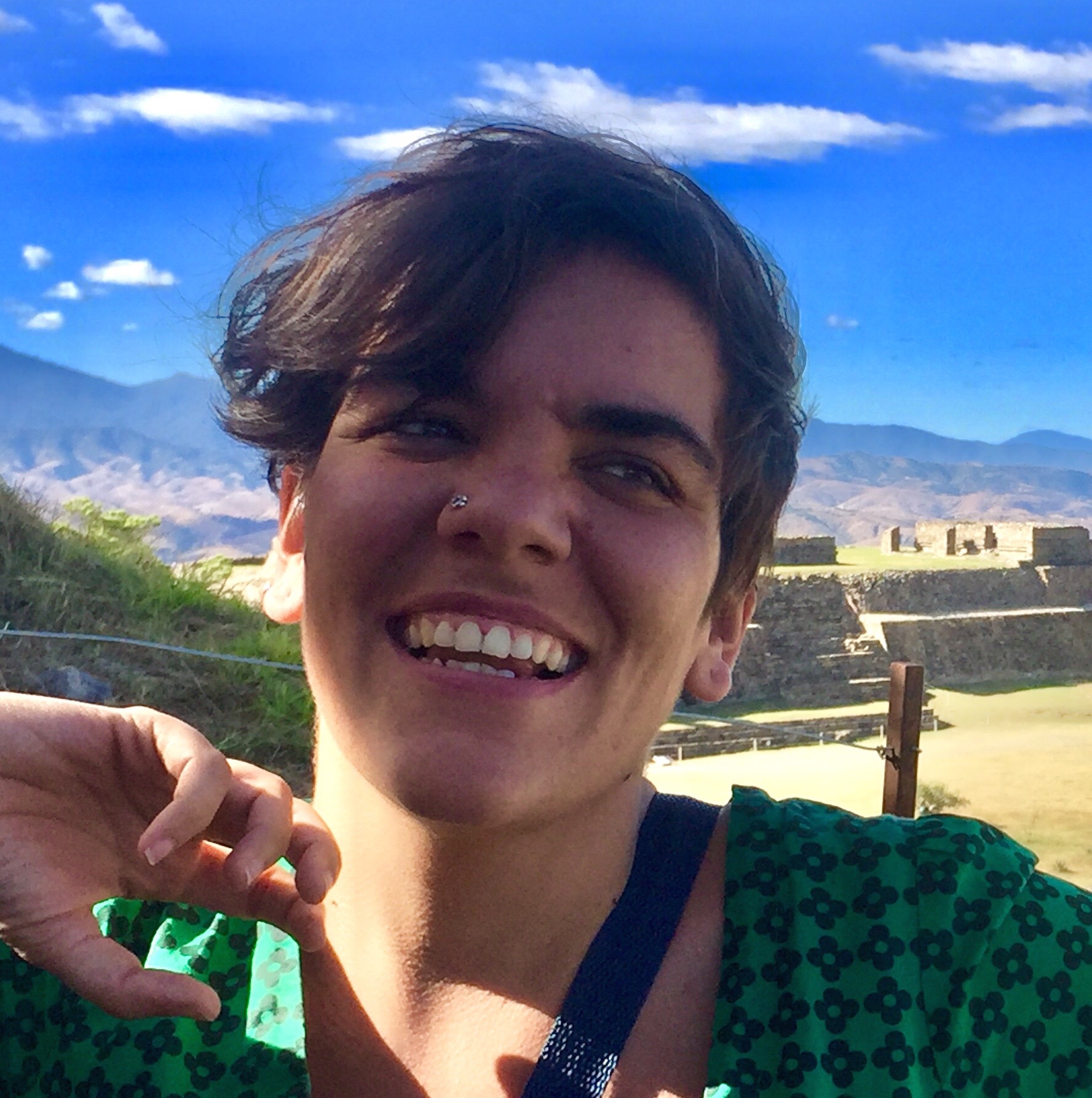I trust in the ability and wisdom of individuals and groups to find solutions to the problems we face on a daily basis. I believe that we are at a critical moment at a global level where we need to build collective and alternative ways of life that are socially and environmentally just. Therefore, I focus on learning, accompanying and investigating in what ways communities adapt, manage or resist the different global socio-environmental changes that we are experiencing. A very important moment for me in this trajectory has been with the rural communities of the Spanish southeast. In the Sierra Nevada of Almeria, I have learned from the governance of commons and peasant knowledge with the farmers who manage the historical irrigation systems.
I graduated in Biology from the Complutense University of Madrid and I am a PhD in Ecology from the Autonomous University of Madrid. I have carried out research stays at the Instituto de Ciencias Sociais of the University of Lisbon, training in the fields of water policy and management and social networks, at the Ostrom Workshop of Indiana University in the United States, learning about governance of the commons and at the University of Leuphana in Lüneburg, Germany, on inter and transdisciplinarity. I am currently working at the Institute of Environmental Science and Technology of the Autonomous University of Barcelona with a research contract Juan de la Cierva.
In my research, I use three major approaches in the field of nature-society interactions: the perspective of socialecological systems (common goods and collective action, ecosystem services, resilience), environmental feminisms (feminist political ecology, gender and environment) and political ecology (peasant studies, environmental conflicts). Currently, I am training as a facilitator of groups with the Institute for Facilitation and Change (IIFAC-E) and I am studying the Diploma of Process Work in the School of Process Work of Barcelona.
FRACTAL is for me a space of resistance and collective creation where we are building, step by step, presents where the needs of people are at the center.
Publicaciones.
- Iniesta-Arandia I, Quintas-Soriano C, García-Nieto AP, Hevia V, Díaz-Reviriego I, García-Llorente M, Oteros-Rozas E, Ravera F, Piñeiro C, Mingorría S. 2020. ¿Cómo pueden contribuir los estudios feministas y poscoloniales de la ciencia a la coproducción de conocimientos? Reflexiones sobre IPBES. Ecosistemas 29 (1): 1936.
- Iniesta-Arandia I, Ravera F, Buechler S, Díaz-Reviriego I, Fernández-Giménez ME, Reed MG, Thompson-Hall M, Wilmer H, Aregu L, Cohen P, Djoudi H, Lawless S, Martín-López B, Smucker T, Villamor G, Wangui E. 2016. A synthesis of convergent reflections, tensions and silences in linking gender and global environmental change research. Ambio 45 (3): 383-393
- Ravera F, Iniesta-Arandia I, Martín-López B, Pascual U, Bose P. 2016. Gender perspectives in resilience, adaptation and vulnerability to global environmental change Opening Editorial. Ambio 45 (3): 235-247
- Iniesta-Arandia I, García del Amo D, García-Nieto AP, Piñeiro C, Montes C, Martín-López B. 2015. Factors influencing Local Ecological Knowledge maintenance in Mediterranean semi-arid watersheds: insights for environmental policies. Ambio 44 (4): 285-296
- Iniesta-Arandia I, García-Llorente M, Aguilera PA, Montes C, Martín-López B. 2014. Socio-cultural valuation of ecosystem services: uncovering the links between values, drivers of change, and human well-being. Ecological Economics 108: 36-48

